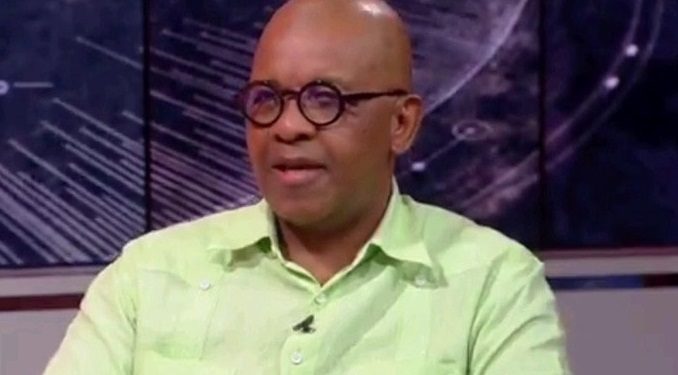In a strategic move to bolster internal discipline and ensure adherence to party rules, the uMkhonto weSizwe (MK) Party has appointed Advocate Dali Mpofu, a prominent lawyer and former EFF national chairperson, as the head of its disciplinary committee. Mpofu, known for his legal expertise and political influence, has vowed to uphold transparency and fairness in the party’s disciplinary processes, emphasizing that no member, regardless of rank or influence, will be exempt from accountability.
In his official statement following the appointment, Mpofu reassured party members that the MK Party’s regulations would be applied uniformly to all. “Discipline is of the utmost importance, especially for a revolutionary party like ours,” he said. Mpofu stressed that his role would focus on ensuring fairness, accountability, and adherence to the party’s core values.
[ICYMI]
Adv. Dali Mpofu has been appointed as the head of the disciplinary committee of the MK Party. He stated that all members of the party will be treated equally. pic.twitter.com/LhuDA0kw22— SABC News (@SABCNews) February 18, 2025
The appointment comes at a critical time for the MK Party, which has been grappling with internal challenges, including leadership disputes and public disagreements among senior members. Political commentators have noted that Mpofu’s legal background and reputation for impartiality could bring much-needed stability and unity to the party. However, some have raised concerns about his close ties to former South African president Jacob Zuma, questioning whether this might influence disciplinary decisions.
The MK Party, founded by Zuma, has been gaining traction in South Africa’s political landscape, attracting both long-time ANC supporters and emerging activists. However, its rapid growth has also exposed internal tensions, with conflicting public statements and leadership disputes threatening to undermine its cohesion. By appointing Mpofu, the party aims to establish a credible and transparent system for addressing misconduct and resolving internal conflicts.
Political analysts have offered mixed reactions to the appointment. While some view it as a smart move to integrate legal expertise into the party’s governance, others worry that Mpofu’s association with Zuma could compromise the impartiality of the disciplinary process. Despite these concerns, Mpofu has reiterated his commitment to fostering internal unity, upholding party values, and ensuring accountability.
As the MK Party continues to solidify its presence in South African politics, Mpofu’s leadership of the disciplinary committee is expected to play a pivotal role in enforcing party rules and setting a strong precedent for internal governance. His appointment underscores the party’s efforts to address its challenges head-on and build a foundation of trust and discipline among its members.
For now, all eyes are on Mpofu as he takes on this critical role, with the MK Party hoping his leadership will pave the way for greater cohesion and stability in its ranks.






















